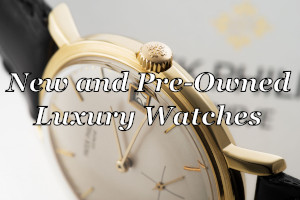Is It Unethical To Have An Ethical Will?

It’s an understatement to say that having some sort of an estate plan can help benefit your heirs and the various causes you support. Passing along your assets is better left to your own wishes and desires than the legal court system.
But rather than tangible assets such as money or possessions, ethical wills bequeath values, beliefs, and ideals to loved ones.
If you want to pass along your personal ideas and values, in addition to a financial inheritance, then you will need to create an ethical will.
An ethical will is a written document that includes instructions for life, morals, values and family stories that one generation hopes to pass on to the next. Ethical Wills are gaining in popularity today as some people want to find a way to leave their loved ones with “values” instead of just “valuables.”
Unlike a last will and trust, ethical wills are not legally binding documents. Ethical wills can come in a variety of forms, from a short letter to a lengthy autobiographical statement, from an audio-recorded message to a bound album.
Some people will choose to share their own ethical wills during life, usually at an important date, such as an anniversary or family milestone like sending children to college or at their own retirement.
Ethical wills have now seemed to have gone mainstream. They are a way to share personal life experiences, lessons and ideals with the people you love. Drafting an ethical will can really help you clarify and articulate what’s important to you, how you want to be remembered and the qualities you hope your family will embody for generations to come.
An important aspect of an ethical will is you are not telling anyone what to do or think, but rather providing your loved ones with a specific reminder of you and your personal beliefs.
An ethical will can also offer practical guidance to your heirs. You can use one to assist your family in understanding how you want them to handle emergencies or any changes in circumstances, such as the need for any special financial or medical assistance.
If an ethical will is right for you, then please take the time and create one. But first , you should make sure that you have an estate plan. If you already have an estate plan, then make sure it is up to date.
Remember, an ethical will is not a legal document and is not enforceable by our legal court system. Therefore, an ethical will can not be used in place of the financial documents detailed in your own estate plan.




